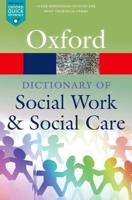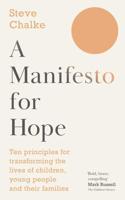Publisher's Synopsis
So far, research on the welfare state has usually neglected children and childhood. In the rare attempts to include childhood in welfare state analysis, too much emphasis was placed on children as future adults. However, only a full recognition of children as human beings and citizens here and now are compatible with new social studies of childhood as well as children's rights discourses. Thus the conceptual integration of children and childhood in the welfare state is still an open question. The present book tries to close this gap by offering the concept of generational order as theoretical tool to both childhood and welfare state research. In analogy to gender analysis, this concept is an adequate tool for making the adultist bias of traditional welfare state theories and practices visible. Authors of 10 predominantly European countries explore in 11 chapters issues of children's social and economic welfare such as child poverty in a theoretical methodological and practical perspective. Together with volume 2, "Flexible Childhood", this book is the final result of COST Action A19, Children's Welfare, which has been supported by the European COST Framework.










